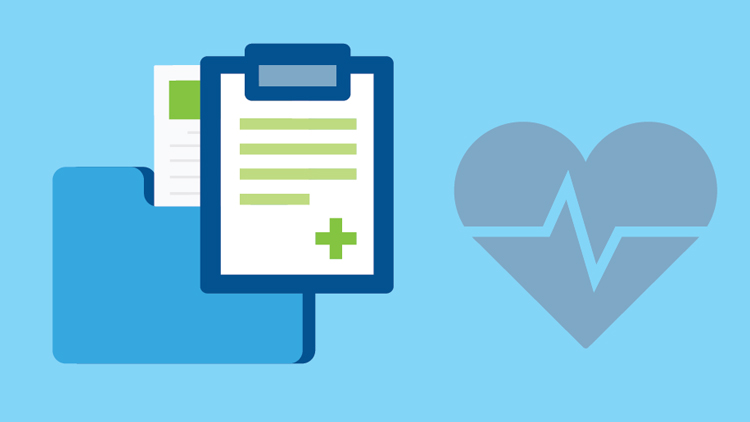
16 Aug Over the Phone Interpreting in Hospitals, the Facts
One of the biggest advantages of technology is the way it has helped medicine to improve. A lot of diseases that are easily treatable today used to take so many lives in the past. Poor hygiene conditions in the old hospitals and lack of scientific research led to a lot of problems. We still have a lot of incurable viruses today but the situation is a lot different than the way it used to be in the past. Better sanitary conditions have reduced the chances of a disease spreading around. Medical research has made us better equipped to prevent a plague.
More often than not, we pay no attention to how much good an industry is doing. Even if it is the job of someone to aid humans in their most difficult time, they should be appreciated for it. The health industry is an example of a field that’s full of people spending their lives in the service of mankind. Although doctors play the biggest role in the diagnosis and treatment of their patients, everyone in the healthcare industry deserve credit for dedicating so much of their time for the people suffering from different diseases. From common cold to deadly viruses, every disease deserves attention and treatment.
If doctors do not listen to their patients attentively, the diagnosis will not be accurate and as a result, the treatment will not prove to be useful. If nurses don’t take care of the patients and are not always ready to assist the doctors, the treatment process will not work. Without the efforts of healthcare professionals, the advancement in scientific research would not have helped us much. It is the combined strength of science and the extraordinary work ethics of our doctors and nurses that has brought humanity away from a life of common diseases.
There is, however, room for improvement and there always will be in the healthcare industry. New viruses are being discovered every day. We used to consider cancer incurable but we have also treated some of its types. This is why the research in the field of medicine and diseases can never stop. Because not only can we improve treatment methods but also prevent diseases by creating vaccines for potential illnesses. Another thing that has helped us in our fight against illnesses is cooperation between medical professionals of different countries. Uniting all the experts can only result in something beneficial for patients.
United Through Interpreting:
There is one problem with uniting medical experts and that is the language barrier. The simplest solution to that problem is interpreting. Sure, translation can work too but it often requires time and time is a luxury when we are fighting scary diseases. That’s why interpreting in real time works a lot better. Since it is not possible for everyone to find an interpreter who would be willing to go to a hospital at a short time’s notice, over the phone interpreting is the best option. It saves everyone’s time and provides the required services.

The Facts about Over the Phone Interpreting in Hospitals:

Over the phone interpreting in hospitals is as helpful as it sounds. It not only helps the doctors get through their discussion quickly but also allow them to come to a conclusion and administer treatment to the patient without further delay. It can also prove to be extremely helpful when someone has to go to emergency in a foreign country and they want their doctor back home to let the staff know their medical history. Without the help of interpreting, this situation can become pretty serious very quickly. But there are a few facts about over the phone interpreting in hospitals that must be kept in mind by all parties involved or lives can be at risk.
- Has to Be Accurate:
The interpreter has to be well versed in medical terms. The doctors must make sure of this before starting their conversation. If the interpreter doesn’t know medical terminologies and translate something incorrectly, it can prove to be dangerous for the patient involved. Translation in the healthcare industry is a bit different and more complex than other fields. There is literally no room for mistakes of any kind. A small error can lead to a big disaster. So, your interpreter must be an expert.
- Protects Confidentiality:
If a doctor brings an interpreter to their office and have the conversation in front of them, they might come across the patient’s name and that would compromise the patient’s privacy. Over the phone interpreting in hospitals allows all party to stay anonymous and get through the task without having to compromise confidentiality agreements. As long as the conditions are being discussed in details, there is no need to mention the patient’s name when the interpreter is on call.
- Fastest Solution:
The world of medicine relies on quick treatments for the most part and that’s why over the phone interpreting in hospitals works in the best way. Doctors can book a translator before the meeting and waste no time in waiting. They can also start the discussion with their colleagues as soon as they want and not wait for the next day to get the translations.
The medical field is always trying to come up with better ways to protect patients and treat them in the best way possible. This method of communicating with each other can only help medicine move forward and improve the overall health condition of humans.

